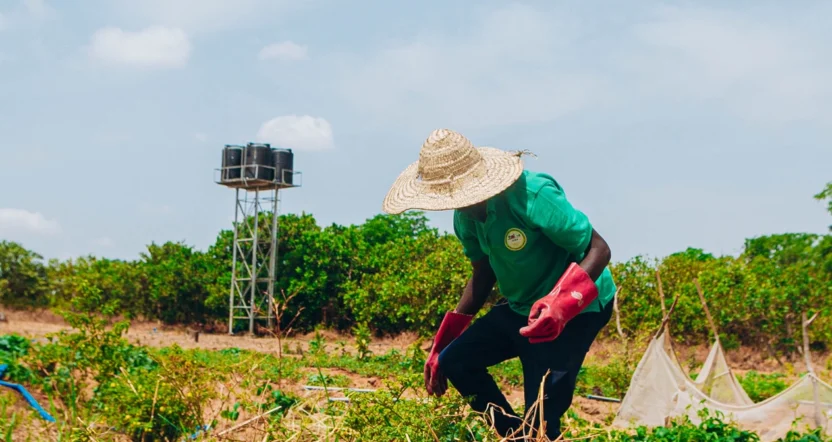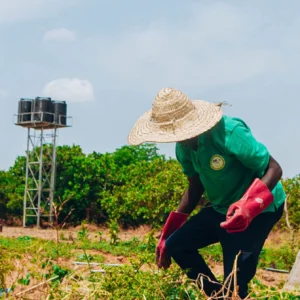In today’s world of food choices, the term “organic” is everywhere—from supermarket shelves to farmers’ markets and even on skincare labels. But what does organic really mean? And why does it matter for your health, your family, and the environment? Let’s dig into the truth behind organic farming and why it’s more than just a label—it’s a lifestyle choice with lasting impact.
What Is Organic Farming?
Organic farming is a method of agriculture that focuses on producing food naturally, without the use of synthetic chemicals, artificial fertilizers, genetically modified organisms (GMOs), or harmful pesticides. Instead, it relies on natural processes, crop rotation, composting, and ecological balance to grow food in harmony with the environment.
At its core, organic farming is about respect—for the soil, the animals, the ecosystem, and the people who consume the food.
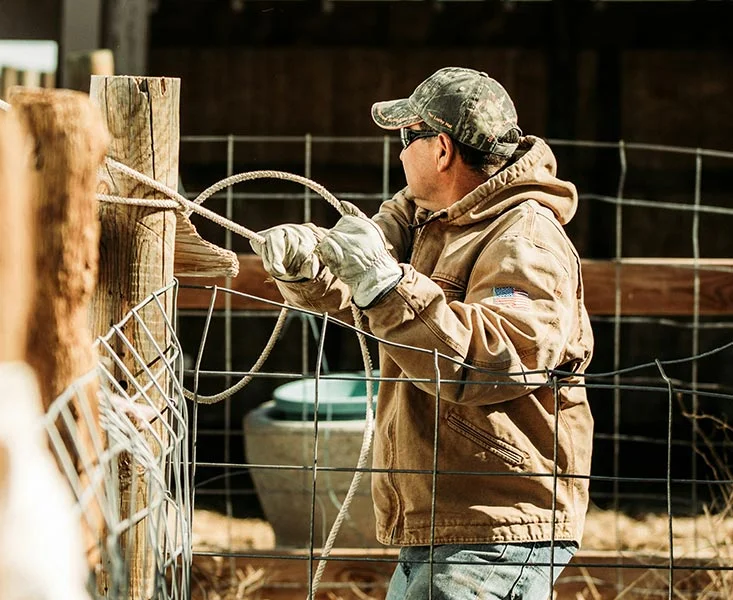
Why It Matters for Your Health
Conventional farming often uses synthetic pesticides and fertilizers, which can leave residues on food and impact long-term health. Organic produce, by contrast, is grown without these chemicals, making it a cleaner, safer choice—especially for children and pregnant women.
Organic food is also:
Rich in nutrients: Studies suggest that organic crops may have higher levels of certain vitamins, minerals, and antioxidants.
Free from antibiotics and hormones: Organic animal products come from animals raised without routine antibiotics or synthetic hormones.
No artificial additives: Organic foods avoid preservatives, flavor enhancers, and artificial colors.
The food you eat can be either the safest and most powerful form of medicine or the slowest form of poison. Ann Wigmore
Why It Matters for the Planet
Organic farming isn’t just good for us—it’s good for the Earth. Here’s how:
Protects soil health through composting and crop diversity.
Reduces water pollution by avoiding synthetic fertilizers and pesticides.
Promotes biodiversity, helping birds, insects, and natural pollinators thrive.
Combats climate change by reducing greenhouse gas emissions and capturing more carbon in healthy soils.
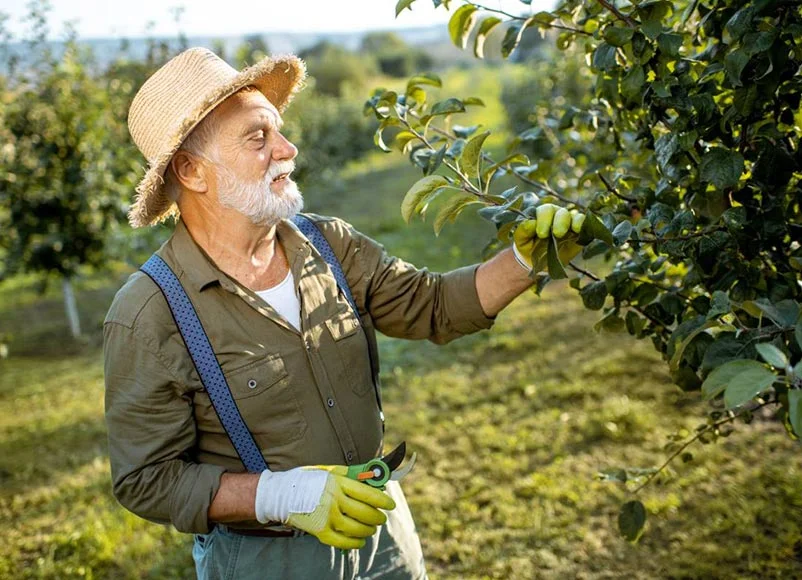
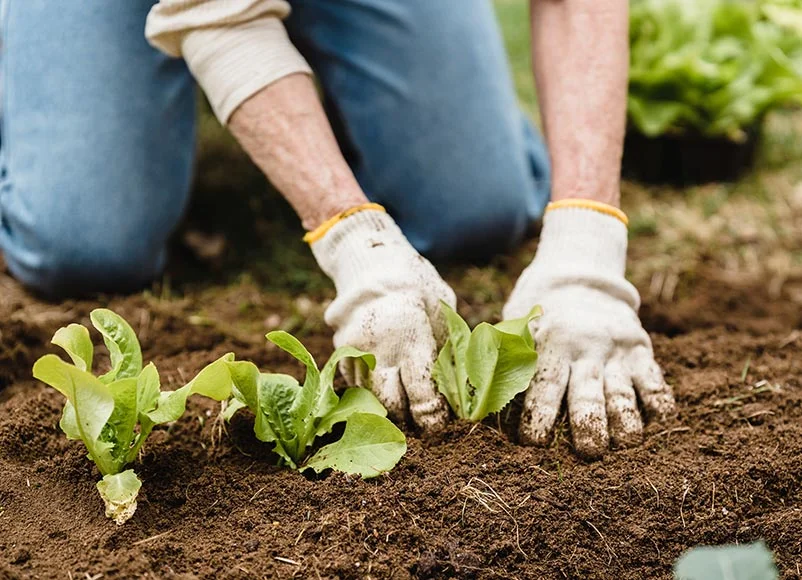
Why It Matters for Farmers and Communities
Organic farming often empowers local farmers by encouraging smaller-scale, sustainable practices. It supports:
Fair wages and better working conditions for farm workers.
Stronger local economies through farm-to-table models.
Food security and self-reliance in rural communities.
When you buy organic, you’re supporting a farming system that values people over profit and long-term health over short-term gain.
How to Start Living Organic
You don’t have to overhaul your life overnight. Start small:
Choose organic vegetables, fruits, or eggs at your local market.
Subscribe to a local organic farm box.
Grow your own herbs or leafy greens at home.
Read labels carefully and ask questions about how your food is grown.
Final Thoughts
Going organic is more than a trend—it’s a commitment to a healthier, more sustainable future for all. Every organic choice you make—no matter how small—supports cleaner air, richer soil, better food, and a safer planet.
So the next time you see the word organic, know that it’s not just a buzzword. It’s a promise of purity, sustainability, and care—for your health, your family, and generations to come.


